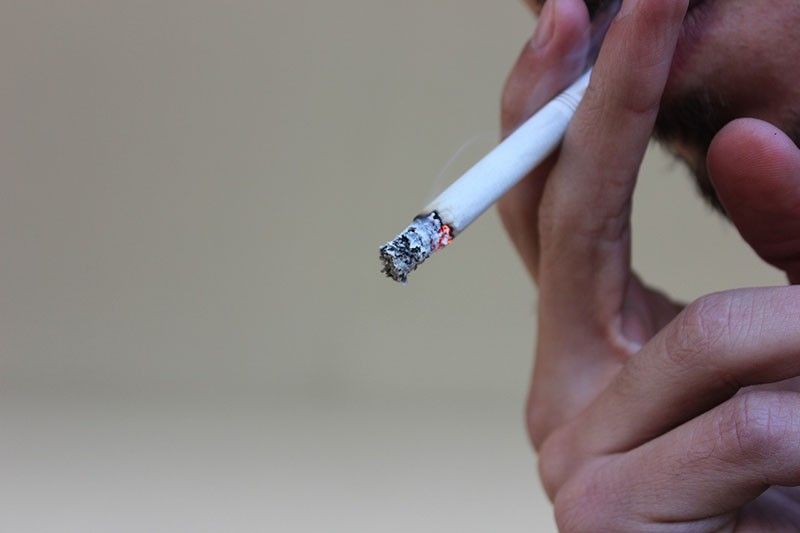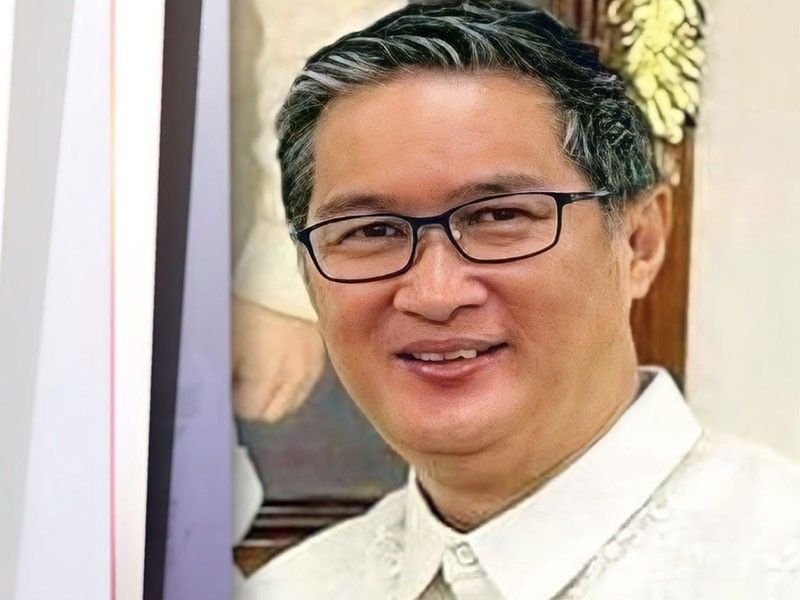Philippines advocates harm reduction at global tobacco control talks

MANILA, Philippines — The Philippines highlighted its harm reduction strategy in combating smoking issues during the ongoing World Health Organization’s Framework Convention on Tobacco Control (FCTC) conference in Panama.
Led by Senior Deputy Executive Secretary Hubert Guevara, the Philippine delegation explained the importance of a tailored, multi-sectoral approach in implementing FCTC.

COP 10 brought together representatives from 183 countries, including the Philippines, to discuss tobacco control and shape FCTC's future in addressing the global smoking crisis.
Guevara cited the decline in tobacco use from 23.8% in 2015 to 19.5% in 2021, as shown by the Philippine Global Adult Tobacco Survey (GATS).
“This key achievement is the result of a collective and balanced approach, with whole-of-society and whole-of-government efforts, in advocating for and implementing effective policies and legislative measures,” he said.
In 2022, the Philippines enacted Republic Act No. 11900, known as the "Vaporized Nicotine and Non-Nicotine Products Regulation Act," to regulate vaporized nicotine and non-nicotine products (VNNPs) and novel tobacco products (NTPs).
RA 11900, recognized as a "landmark legislation," aims to reduce the harm caused by smoking by establishing a robust regulatory framework for the importation, manufacture, sale, and distribution of vaporized nicotine and non-nicotine products, according to Guevarra.
The law helps in protecting minors and restricting tobacco-related activities around schools, Guevarra added.
The Philippines also explained its existing legislative measures, including the Tobacco Regulation Act of 2003, Graphic Health Warning Law, and Excise Tax Laws on novel tobacco products.
Excise taxes on tobacco and vapor products, amounting to nearly $3 billion in 2022, fund crucial government services, universal healthcare, COVID-19 recovery and infrastructure projects.
Following FCTC Article 6, the Philippines has continuously raised excise tax rates on cigarettes and tobacco products since 2012, making cigarettes less affordable and lowering consumption.
The country is also working on the "Anti-Agricultural Economic Sabotage Act" to fight tobacco smuggling.
The head of the New Zealand delegation showed support for harm reduction, noting a substantial decline in smoking rates.
New Zealand's strategy involves making nicotine replacement products available, regulating vaping products, and implementing evidence-based harm reduction measures.
- Latest
- Trending


























